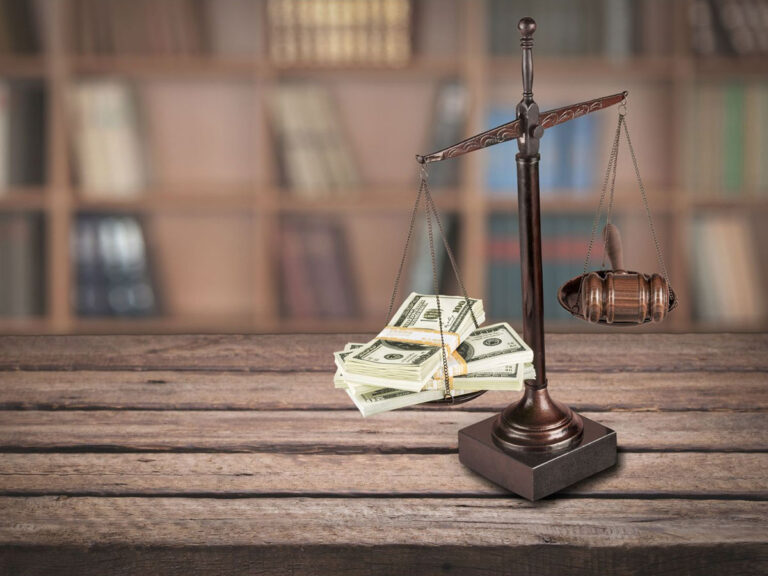8 years after the financial crisis of 2008, the issue of banks, lending practices and Wall Street greed is back in the news as the 2016 Presidential Campaign is underway. While not every candidate is blaming Wall Street, there is enough voter dissatisfaction that the idea of making Wall Street more accountable is gaining popularity. How would that happen? A tax on Wall Street could be the answer.
The Inclusive Prosperity Act
On April 7th, 2016, Counterpunch columnist Sarah Anderson wrote , “Wall Street Should Pay a Sales Tax, Too.” This is the subject of a bill called the “Inclusive Prosperity Act.” This bill first landed in Congress in 2012 and resembles a sales tax. It has also been called the “Robin Hood tax,” since it is meant to collect a large dollar amount on only very high revenue trades, imposing a “nominal” fee on typical middle class investments. Anderson reports that this bill would place a “small tax of just a fraction of a percent on all financial trades,” and would exclude regular consumer transactions like wire transfers or ATM withdrawals. Other countries around the world already collect fees like this.
The point of this bill is to target people who score millions on trades, such as hedge fund managers and investment bankers. Anderson claims the cost to lower income investors, such low turnover pension funds, would be nearly negligible. According to The Nation, Bernie Sanders’ version of this bill proposes a tax rate of ?0.5 percent on all stock trades, 0.1 percent on all bond trades, and 0.005 percent on the underlying values of derivative trades. Anderson writes that this bill is meant to prevent dangerous trades, certainly an appealing option after the disastrous effects of speculative trading that helped create the recession of 2008.
How is it Being Received?
It sounds like a good idea to some, but to others this plan is foolish. Tim Worstall wrote a peer reviewed article on the IPA. He claims that it’s not a tax that Wall Street would actually pay, but that it would be paid by those who use the financial system instead. He also argues that it wouldn’t actually raise funds; it would actually lose the Treasury money. According to the article:
[T]he deadweight costs of the transaction tax are so high that it destroys more tax revenue from other taxes than it itself raises.
MarketWatch reports that the supporters of this plan claim it will “collect tens of millions of dollars, lowering speculative and high-frequency trading, and make markets safer and less volatile.” However, they also report that this fee will likely negatively impact stocks as it discourages high end trading. Research done by the International Monetary Fund (IMF) claims that stocks that trade the most would also decline the most. The European Commission also looked at a similar tax and claimed that because tax raises the cost of capital, there is less investment and that can hurt the economy.
In 2011 the IMF took a favorable position on such a tax, in spite of writing in their own report that the European version of this tax (the FTT) would place a burden that “may fall largely on the final consumers rather than, as often seems to be supposed, earnings in the financial sector.”
Would such a tax have a similar impact in the U.S., and hurt small business owners who are seeking to invest their profits to build their businesses?
At this point, a Bernie Sanders presidency seems less likely, but it’s possible this bill can re-emerge in Congress. What are the chances that a bill like this get traction with a Clinton or Trump presidency and what would be the fallout to the American economy should it pass? That remains to be seen. However, many American economists support the tax, claiming that it can raise $300-$600 billion dollars in 10 years or less. We will need to wait to see what changes come after a new president and Congress take office in January, but future bills could be trending towards a sales tax on Wall Street.





